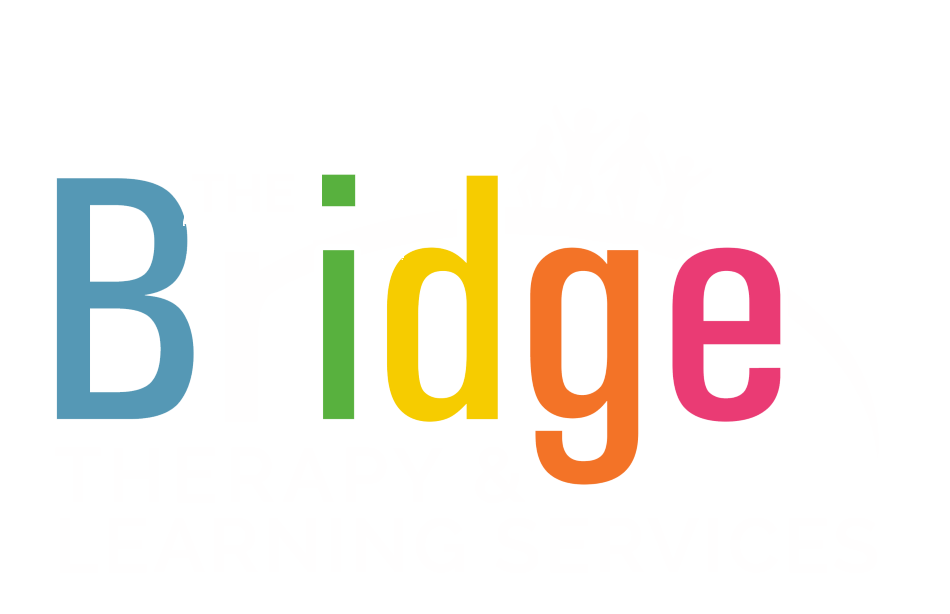SERVICES
We can assess and treat the following:
Language delay /Late talkers
Receptive language, including auditory comprehension, written comprehension and auditory processing
Expressive language, including word use/vocabulary, sentence formation and grammar
Speech pronunciation, including articulation and phonological delays and Childhood Apraxia of Speech/Dyspraxia
Stuttering
Literacy difficulties, including reading, writing and spelling
What’s involved in an assessment?
A number of different activities will be carried with your child to identify the strengths and weaknesses in their communication skills. Each assessment will be different depending on the age of the child, their interests and motivations and the concerns outlined by their parent. An assessment will allow your speech pathologist to diagnose your child’s communication difficulties and where appropriate compare their skills with their age matched peers.
To gain a full understanding of your child’s developmental needs, it may also be appropriate for your speech pathologist to visit your child at school or childcare, talk to your child’s teacher or talk to any other health professionals involved with your child, like their occupational therapist, paediatrician or psychologist. We will always gain parent permission before we contact or release information to any other professionals.
At the completion of your child’s assessment, a comprehensive report will be prepared summarising the assessment results in easy to understand language. We believe in empowering parents and providing them with as much information as possible to help them to support their child.
Further, after the assessment, we may also help you access other services to support your child’s development, such as occupational therapy, physiotherapy, behaviour and psychology support or other activities such as appropriate playgroups and study groups.
At Bridge Therapy we believe in taking a family centred approach, tailoring speech pathology programs to meet the needs of the child and their family, so after the assessment we will develop a treatment plan with you that focuses on your priorities for your child.
What’s involved in treatment?
Once again, each child’s treatment plan can look very different depending on their age, communication difficulty, interests and motivations and family situation. We believe in involving parents and caregivers in their child’s speech pathology program. For such a program to be successful parents need to be able to complete activities with their child at home. So, therapy is as much about training you, the parent, as it is working with your child. We ask that parents come into the therapy room and take part in the therapy with your child. Home practice activities will be developed with you, so that you feel confident to complete them at home with your child.
All therapy activities are designed to be functional and provide opportunities for your child to practice difficult communication skills in their everyday environments and routines with our support and teaching. We will use toys and activities that are available to your child at home and at school/childcare, wherever possible. All activities are designed to be fun and engaging for your child.
At Bridge Therapy we have a strong commitment to evidence based practice, which means that the treatment approaches we use have been researched and have been proven to be successful with other children with similar difficulties to your child. We don’t believe in using mass produced standardised programs, that cannot be individualised for each child.
Our treatment programs can also involve other professionals working with your child. We have a strong belief in providing multi-disciplinary services to your child. So at Bridge Therapy we can work closely with your child’s teacher, or occupational therapist for example, and develop coordinated therapy programs.
Treatment of communication difficulties is most successful when delivered in “high doses”, which means that attending therapy weekly or fortnightly and doing lots of practice at home, will produce the best results for your child. If however, your family commitments or budget do not allow for this, then we can be flexible to meet the needs of your family.

